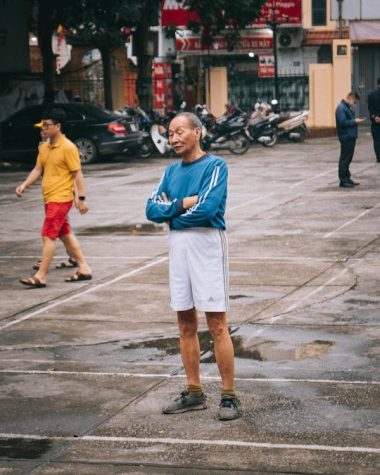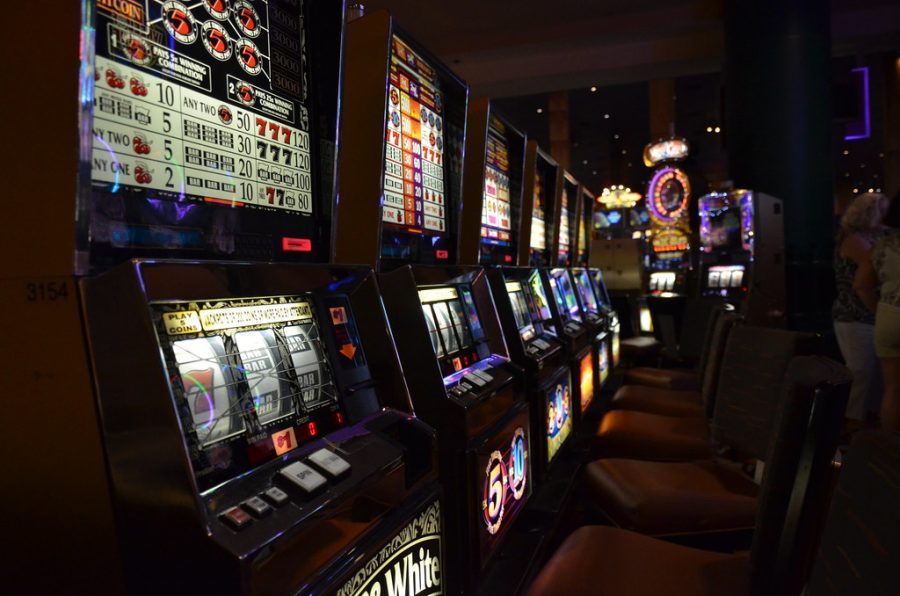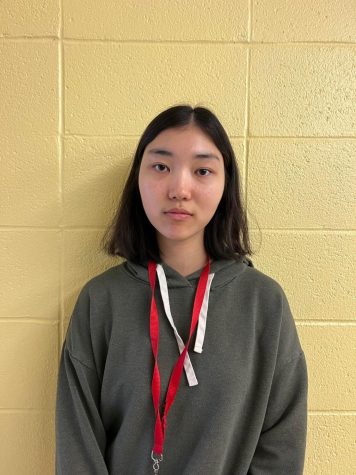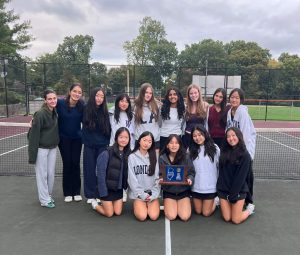Struggles of Asian Immigrant Elders in America – Behind the American Image of the “Model Minority”
March 10, 2023
Guofu Zheng, an elderly Chinese man, waits at the old bus station in south Brooklyn. He greets another elderly woman and amicably chats with her. In the middle of their conversation, the bus arrives, and the two get on. The bus driver and the other passengers, who are also elders, greet them like old friends. The bus is filled with the smell of fried rice and soup they had prepared to eat at their destination. The vehicle takes off as Zheng and the woman each take a seat. During the two-hour drive, the passengers share pictures of their families and tell each other about their children’s occupations as well as the colleges their grandchildren are attending. After the usual conversations, they finally arrive at their destination. Zheng steps off the bus, walks into the building, and feels a sense of comfort wash over him as the familiar sight of countless gambling slots spreads before his eyes. Hearing the faint mandarin from the Chinese news station turned on in the background, Zheng smiles widely. He has finally arrived at this most dangerous haven.
For decades, Asian Americans have been perceived to be the “model minority”: people who are successful, well-educated, and competent. However, for many Asian immigrant elders like Zheng, going to casinos is the only way to earn money as well as experience a sense of belonging. According to the Urban Institute, many Asian elders face problems such as “health problems, social

isolation, and economic instability.” Language barriers put them in a challenging position as they strive to enjoy the many normal privileges one has as a citizen. They have a hard time getting social security income, accessing social services, and finding a job. The ostracization they experience in the United States also deprives them of a sense of belonging and community. However, even through these hardships, Asian elders rarely ask for mental aid because of the cultural stigma concerning therapy and counseling. Therefore, they are excluded from society and suffer through economic hardships while their mental health slowly declines. “As you get older, staying at home is very lonely,” Zheng said in an interview with The New York Times.
Thus, Asian elders are the perfect people for casinos to target. As stated by The New York Times, countless casinos have had “Asian marketing departments for decades.” The Resorts World Catskills casino in Monticello specifically gives the Asian elders a voucher for $45.00 every time they visit them. This is to supply the poor elders with money to get a taste in gambling and to lure them into addiction so that they end up spending much more than the initial amount. The casino is also set up with screens and audios of Chinese news stations to provide a “welcoming space” where their “culture is respected,” when in reality, it is to lure the lonely, ostracized Asian immigrants into becoming frequent visitors.
Unfortunately, this intentional exploitation provides the Asian elders with a sense of belonging that they seldom feel in their communities. They meet fellow immigrants from the same country and are delighted to finally find people like themselves. The ill-willed Chinese television broadcasts have the exact effect that the casino hoped for; for the elders, it almost feels like they are back in their home country. Zheng expressed his joy at being able to meet other immigrants from his native province, and said that the casino provided an environment where he could be “happy.” The gambling money combined with the feeling of belonging from the Asian-filled building succeeds in turning the poor elders into gamblers. It would take a long time before they realize that they are victims of the exploitations of a self-serving organization.
It is infuriating how much the media portrays Asian Americans’ success, yet turns a blind eye to the struggles of the immigrant elders. It is true that many Asians have been successful in the United States, but they represent only a small portion of the Asians in the United States. Contrary to popular belief, Asians are an incredibly diverse population, consisting of individuals who speak several languages and come from many countries and cultures. However, this is rarely acknowledged. While the plight of Asian elders was highlighted because of the Asian-American hate crimes following the spread of COVID-19, there is less awareness surrounding the economic and mental problems they experience in their daily lives. It is time that the world breaks free of their perception of Asian Americans and begins to acknowledge and address the struggles that the people under the veils of the “model minority” undergo.

















































































































































